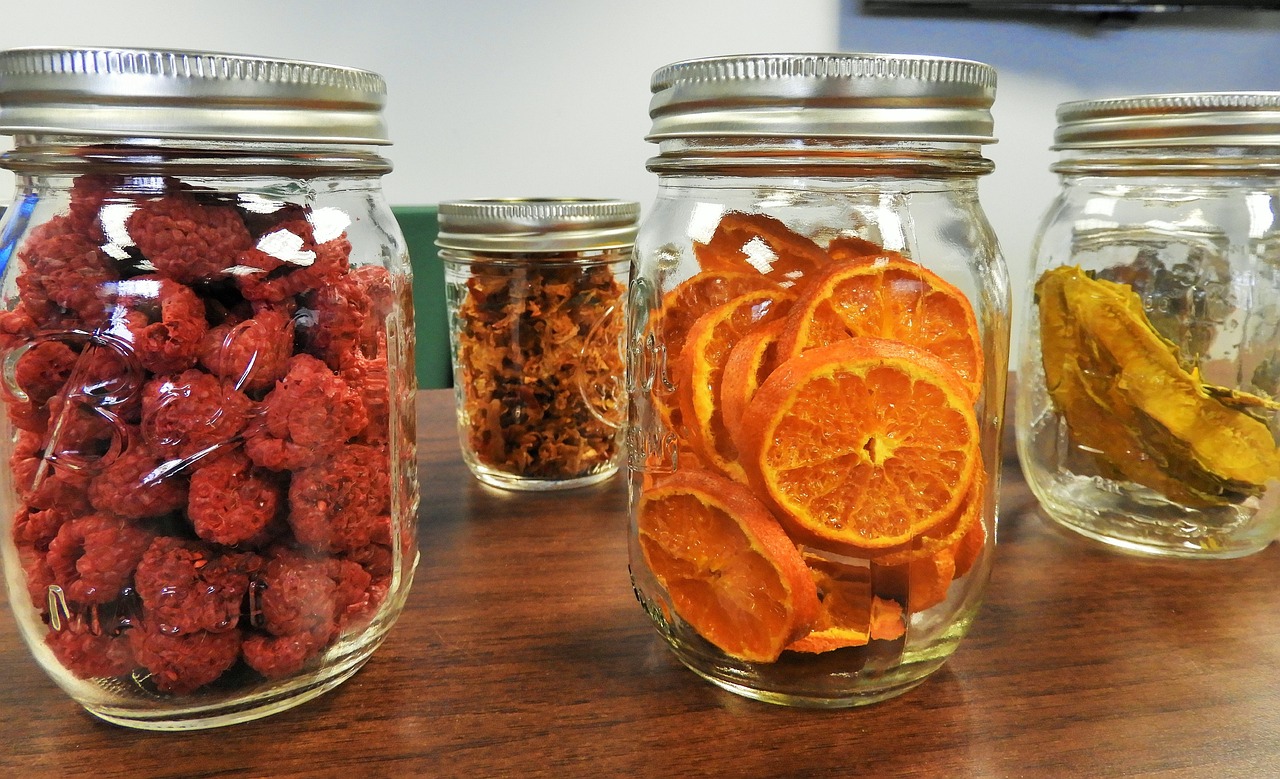
It is important for everyone, whether they consider themselves a prepper or a homesteader or not, to develop the skill and resource of building a well-stocked and functional food storage system. It is advisable to have emergency food storage for a month, a year, or even 25 years, as it brings numerous benefits.
Having a long-term emergency food supply does not necessarily involve purchasing and storing staple items in large quantities, preserving meat or beans through canning, preserving all eggs, freezing or freeze drying milk, or even raising and slaughtering one’s own meat and cultivating all vegetables, despite the possibility of those activities being a future objective.
By having a long-term supply of food, you will be able to save money and time, enhance your food security, and reduce household waste.
Additionally, in the current era, if and when a crisis occurs, you will have the necessary readiness and won’t have to engage in last-minute shopping when food supplies are scarce.
5 Rules for Stocking Up Your Long-Term Food Storage.
- Stock up on what you WILL and DO actually eat.
- If you don’t eat canned asparagus, don’t stock up on it! It will inevitably sit on your pantry shelf for years to come, never getting consumed (essentially throwing your money away).
- Stock up on items you and your family will be excited about eating, this is super important! Think about the foods you enjoy on a regular basis and start there.
- Stock up on items that make a quick meal from your pantry.
- Things like pasta sauce, dry pasta and canned veggies. These items can quickly be cooked and tossed together to make a complete meal.
- This will save you money on days you don’t feel like cooking because you won’t run to the grocery store for a quick convenience meal, and you won’t order out from a restaurant. This will free up more money for the following month to keep building your food supply.
- Prepare your storage space and/or storage method before you stock up.
- Know how you’re going to store everything you buy so you have a place to properly store it all. There’s nothing worse than buying 100 pounds of potatoes, only to come home and realize you don’t know where you’re going to store them all.
- Don’t feel like it has to be the ideal storage space, you can still find places to make long-term storage work, but have a plan.
- Change to a producer mindset: Start learning to buy in bulk, and grow and raise your own food.
- Again, think first about the ingredients you use all the time and start there.
- For example, don’t buy bread in bulk, instead, bring in wheat and make your own bread. You’ll end up with a better and fresher product and it will save you a lot of money.
- Buying in bulk really helps prepare you to be a homesteader because so much of your food on the homestead comes in in bulk. You butcher an entire cow and need to preserve it quickly. You harvest all your onions and need to put them up. The plum trees are ripe and you need to preserve them before they go bad, etc.
- Know how long what you’re buying is going to last and plan accordingly.
- For example, dry beans can sit on your shelf, if stored properly, for a very long time and maintain their high quality, so buying more than you’ll consume in a year isn’t an issue. However, olive oil has a short term shelf-life. It just isn’t as shelf-stable and you’ll want to buy only the amount to get you through until you need to replenish your stock.
FOODS WITH A LONG SHELF LIFE WHEN STORED CORRECTLY
HOMEMADE CANNED RECIPES
If canning was done correctly and the recommended storage conditions are followed, tomatoes and fruit with high acidity can be stored in the pantry for 12-18 months. On the other hand, meat and vegetables with lower acidity can be stored for 2-4 years.
CANNED FOOD
If canned foods are stored properly without any dents, damages, or rust, they can last indefinitely. Nevertheless, after a period of 10 years, their nutritional value will diminish and their taste may not be as good. This applies to both acidic and non-acidic canned foods mentioned earlier.
DRIED BEANS, LEGUMES, AND LENTILS
Beans and legumes can be stored indefinitely in airtight containers in your pantry without spoiling. However, they may lose moisture after 2 years, which will require longer cooking time. Nevertheless, their nutritional value remains intact over time. If cooked, beans can be frozen for up to 1 year.
PASTA
Dry pasta, spaghetti, and macaroni have a shelf life of 2 years in a pantry when stored in airtight containers. In the case of cooked pasta, it can be frozen for a period of 6-8 months.
GRAINS
If you think logically, grains like rice, oats, wheat, barley, and cornmeal are essential items to keep in your pantry. When stored properly and kept free from moisture, they can have a long shelf life.
Brown and wild rice have a shelf life of 6-8 months in the pantry and 8-12 months in the refrigerator. White rice, on the other hand, can be stored for 3-5 years. If cooked, both white and brown rice can be frozen for 6-8 months.
If you transfer oats out of their cardboard box and into an airtight container, they can last for up to 3 years.
If stored properly, quinoa can stay fresh for up to 3 years in the pantry or fridge.
NUTS AND SEEDS
Nuts can last up to 9 months in the pantry if stored correctly, except for pecan, pistachios, and walnuts, which remain fresh for 3-6 months. When placed in the fridge, all nuts can stay fresh for up to 1 year, and when frozen, they can last for up to 2 years.
Chia seeds have a shelf life of at least 2 years in the pantry and at least 4 years in the fridge or freezer.
Flax seeds can be stored for 6-12 months in an airtight container in your pantry and for 1+ years in the fridge or freezer, when thinking step by step.
Sunflower seeds, in their raw form, can remain fresh in your pantry for a maximum of 3 months. If they are roasted, they can last for up to 5 months in the pantry. To prolong their shelf life even further, you can store them in the refrigerator or freezer, where they can stay fresh for up to 1 year.
In this closet, we store some of our bulk vegetable seeds. They are arranged in plastic photo organizers. For optimal performance, ensure that your seeds are kept away from sunlight and stored in a cool, dark location. Additionally, you have the option of storing seeds in the freezer.
HERBS AND SPICES
If stored in an airtight container, in a cool dark place, away from heat and moisture, ground or powdered spices can remain usable for approximately 2 to 3 years, while dried herbs can last for around 1 to 2 years.
DRIED FRUIT
If you store dried fruits correctly, they can stay fresh for up to 1 year in your pantry. By keeping them in the fridge, you can extend their freshness for up to 2 years, and if you freeze them, they will remain fresh indefinitely.
VEGETABLES
By storing them in a cool, dark, and dry location like the pantry, certain vegetables can maintain their freshness for an extended period of time. The absence of light in the pantry inhibits sprouting of these vegetables. Onions, garlic, shallots, potatoes, butternut, and beets can remain usable for up to a month in the pantry, as long as the temperature remains between 50 and 60 F.




